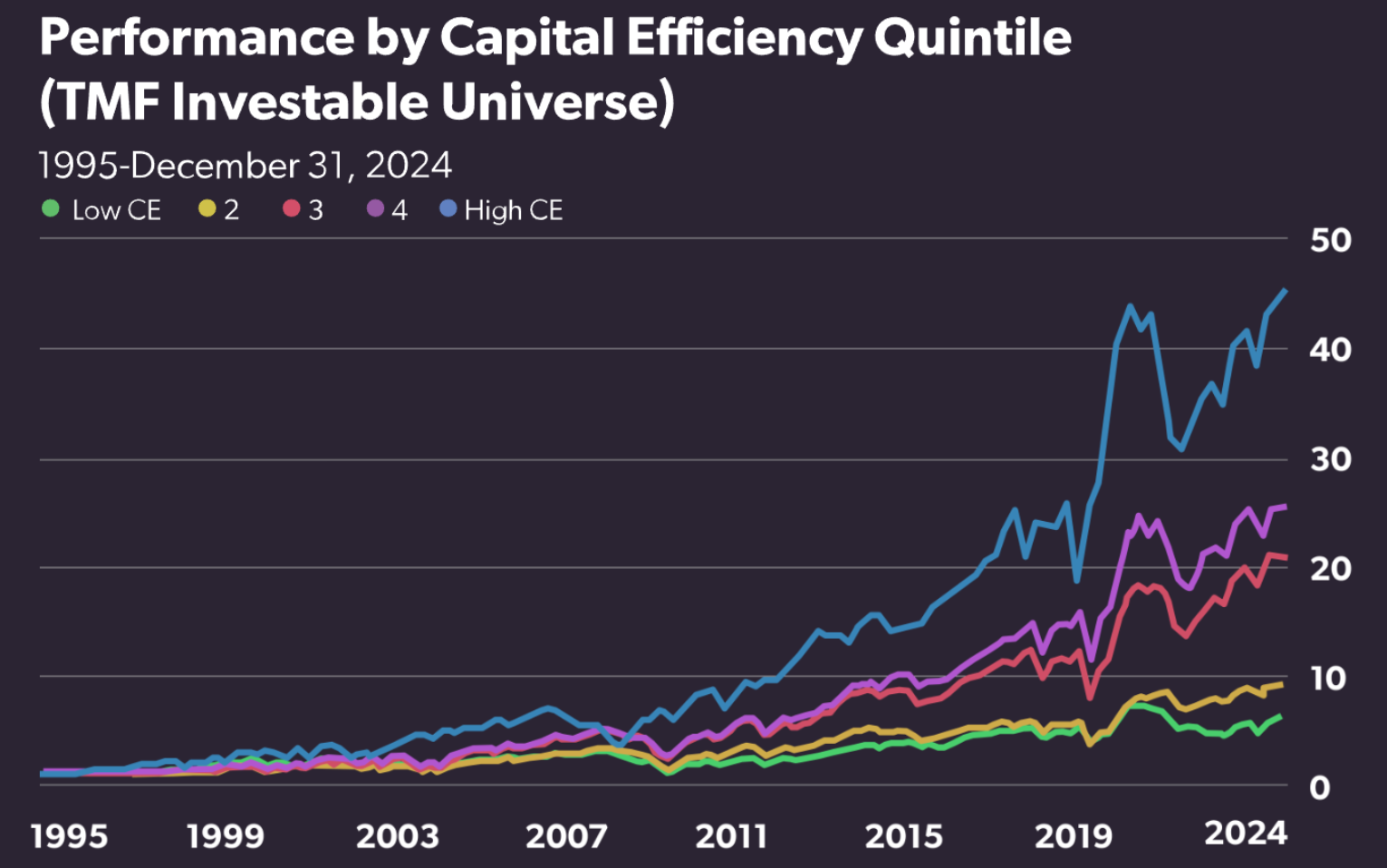Over the past month or so, headlines in Mortgage Strategy have included: ‘Average house prices fall for fifth consecutive month’; ‘Housebuilders warn of continued slowdown’; and, ‘It will take 13 years for first-time buyers to save enough to get on the housing ladder’.
With the bad news heavily outweighing any good, exactly where is the market heading and is a collapse in property prices becoming more likely?
On affordability, certainly, the numbers are not encouraging. Research by Gradual Homeownership provider Wayhome reveals that the average property still costs 10.6 times the average annual salary.
When confidence is low, the thought of moving house, unless you have to, is something many people will put on hold
There are scare stories of adult ‘children’ living with their parents until their 30s; and others, who have climbed on the property ladder, having to sell up and move back in with parents.
Linked to this is pressure on the Bank of Mum and Dad. This source of funds — which many in the 25-to-30 age bracket have relied upon to get on the property ladder in recent years — is also feeling the squeeze.
There are reassurances that healthy employment levels and the need for new homes will keep the market moving. But we have seen housebuilder Crest Nicholson report a 60% fall in pre-tax profits for the half-year; and Bellway Homes reveal project cancellation increases and reduced land buying.
UK housebuilders warn of a continued slowdown in the housing market as rising mortgage rates and cost-of-living pressures impact demand.
The trouble the Bank of England has is that, no matter what it does with interest rates and how high inflation stands, people are still spending money
There are also millions of mortgage customers coming out of fixed-rate deals.
Just what level of pain lies ahead there has yet to be seen.
Looking at this broad picture, you start to think: does something have to give? Will homeowners coming out of ultra-low mortgage deals increasingly be forced to sell? Could house prices plummet — and sooner rather than later? Is a property crash really unthinkable?
Phoebus Software chief revenue officer Adam Oldfield thinks the answer to the last question is no.
“It is certainly unpalatable but unfortunately it is not inconceivable,” he says.
People continue to buy and the lack of the right kind of housing means prices are being sustained by a lack of supply
“The main point when it comes to the housing market is consumer confidence.
When confidence is low, the thought of moving house, unless you absolutely have to, is something many people will put on hold.”
He adds: “For those of us in the industry, furnished with all the information, it is hard enough. For the average man and woman on the street, relying on the mainstream news and the likes of Martin Lewis for information, the situation has to be looking quite tricky.”
Oldfield says this all points to a downward turn for the market, and with that the inevitability that house prices will fall, with some regions affected worse than others.
“Unfortunately, it is the poorer areas of the country that are historically hit the hardest. Any average figure we see in the next half of the year is unlikely to be truly indicative for many.”
Even when the market begins to recover, we expect it to take some time before prices return to their previous peaks
So far, we have seen a ‘cooling’ of house prices but nothing close to a major fall. The latest Nationwide house price index shows prices rose by a modest 0.1% in June, reversing the 0.1% decline seen in May.
However, prices are still down 3.5% compared to June 2022.
Nevertheless, given how far prices have soared in recent years, a 3.5% fall is hardly a reason to hit the panic button and for first-time buyers it is even welcome.
Yes, there are parallels with the property crash of the late 1980s — a recession, overvalued property prices and rising interest rates. But there are differences too. Interest rates began to rise from the end of the 1980s, hitting 12% in 1992 following Black Wednesday and then staying around 10%. Nobody predicts anything close to double-digit base rates this time around.
Walker Fraser Steele regional development director Scott Jack does not foresee a major fall in house prices.
It is the poorer areas of the country that are historically hit the hardest
“What our analysis shows is that concerns about negative equity, while the labour market remains stretched, are misplaced.
People continue to buy and the lack of the right kind of housing means prices are being sustained by a lack of supply, which has more impact on prices than the current affordability challenges.”
Oxford Economics chief UK economist Andrew Goodwin argues that a house price correction is likely to be a slow burner rather than a sudden crash because of the high share of borrowers with a fixed-rate mortgage.
“This means the impact of much higher mortgage rates will feed through gradually over several years. We’re expecting prices to fall by just over 10%, peak to trough, but this will do little to alleviate affordability constraints.
“Meanwhile, inflation concerns mean that, for the foreseeable future, interest rates will remain much higher than we’ve become used to. So, even when the market begins to recover, we expect it to take some time before prices return to their previous peaks.”
A property crash is certainly unpalatable but, unfortunately, it is not inconceivable
Oldfield agrees that an aggressive interest rate policy will not be jettisoned soon.
“The trouble the Bank of England has is that, no matter what it does with interest rates and how high inflation stands, people are still spending money. Until that spending is curbed, the Bank will have little choice but to continue on its current path.”
He adds: “The question for lenders is: how much of current spending is on credit cards or unsecured credit?
If that credit bubble bursts, the relatively low number of repossessions and arrears is sure to rise. Then we will have a very different picture and prices may indeed tumble.”
This article featured in the July/August 2023 edition of MS.
If you would like to subscribe to the monthly print or digital magazine, please click here.
Original Article






